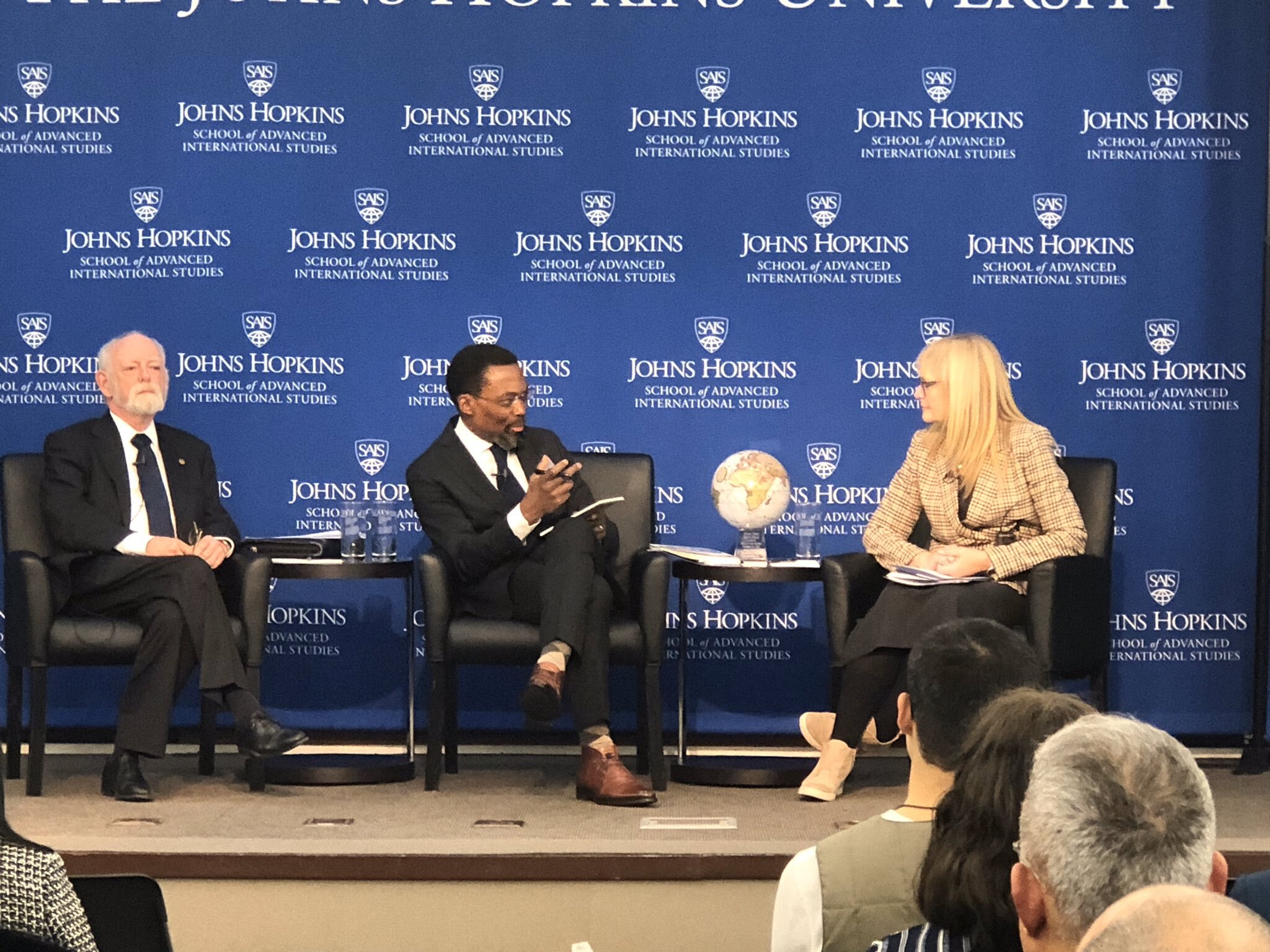When Americans watch White House press briefings on the latest COVID-19 updates, we can check and double-check the information we’re given against multiple online sources. Most of us living in the U.S. can take to social media to share information, get answers to important questions such as where to get tested, or even crowdsource where to go for certain supplies. In short, we are empowered to access information that helps us make informed choices. This power becomes even more vital, and the internet becomes a lifeline, when forced to shelter within our homes.
Now imagine the position of the 12 million people living in Wuhan, China. Every piece of information Chinese citizens receive about COVID-19 is filtered through the Chinese government — on the internet or on state-run media outlets. They cannot double-check that information or share it with their communities. A cyber wall, in essence, cuts them off and this likely puts millions of people in mortal danger. Though China claims to be providing accurate data about the virus, a recent U.S. intelligence report shows that China not only knew about the outbreak long before the rest of the world but has consistently under-reported their total cases and deaths.
Vice President Pence recently said, “The reality is that we could have been better off if China had been more forthcoming.” This is just one example of how China’s censorship of the internet endangers us all. The lack of information can be a death sentence for those living in closed societies, but it also hampered the rest of the world from containing the virus’s global spread.
In the United States, we have known for more than a decade that lack of internet freedom poses a serious threat to the global community. For this reason, Congress has continually increased funding to support proven, large-scale firewall circumvention tools capable of providing uncensored internet access to millions of people living behind government firewalls.
Since 2012, the U.S. Agency for Global Media (USAGM) and the Open Technology Fund (OTF) have been the two primary vehicles responsible for ensuring these tools are funded. Unfortunately, they have withheld sufficient funding from these technologies for nearly a decade. They may talk a good game, but in a town where money does the real talking, the truth is clear: the U.S. government continues to spend the vast majority of internet freedom funding on conferences, fellowships, research and development, and incubator funds.
The impact of that lack of funding is being felt more than ever today. Our research with leading circumvention developers has shown that, while average daily attempts to use their circumvention tools have more than quadrupled in countries hit by the coronavirus, there just is not any money to provide the additional bandwidth and processing capacities to serve demand. Without funding, these “freedom fighters” are unable to provide access to uncensored information that could very well mean life or death for the people who seek it. It is difficult to calculate the human cost on societies left in the dark.
It is folly to think that the 2019 re-establishment of OTF as an independent nonprofit and the sole grantee of the USAGM’s internet freedom funds will lead to any meaningful change. There was hope that OTF’s new status and more funding might have meant that government funds would finally flow with nimbleness, focus and determination. However, in the face of the deadliest global health pandemic in over a century, OTF seems intent on repeating past mistakes. Our recent plea that they rapidly fund these proven circumvention tools on an emergency basis was met with bureaucratic obfuscation.
Clearly, the internet is the most powerful tool for disseminating accurate information, opening minds and making informed choices. It is painfully clear that the safety of millions of people behind digital walls — as well as those living in open societies — depends on their getting uncensored, unfiltered information to protect themselves and those around them. China’s spreading of disinformation during a global crisis demonstrates the urgency of tearing down these walls.
We must not give a pass to the USAGM’s abysmal track record on oversight of its grantees. Nor should we excuse the shortcomings of an organization that has been sharply criticized by the Office of Inspector General and others for its handling of internet freedom funds. We must prevent the passage of H.R. 6621, the Open Technology Fund Authorization Act, in its current form and stop funding an organization that has proven it is not up to the task of aggressively combating global internet censorship. It is time to identify new and better ways to spend valuable U.S. funds that could effectively support internet freedom.
Katrina Lantos Swett, Ph.D., J.D., is president of the Lantos Foundation for Human Rights & Justice, which leads a coalition of human rights groups committed to opening the internet in closed societies. She is a human rights professor at Tufts University and the former chair of the U.S. Commission for International Religious Freedom.









